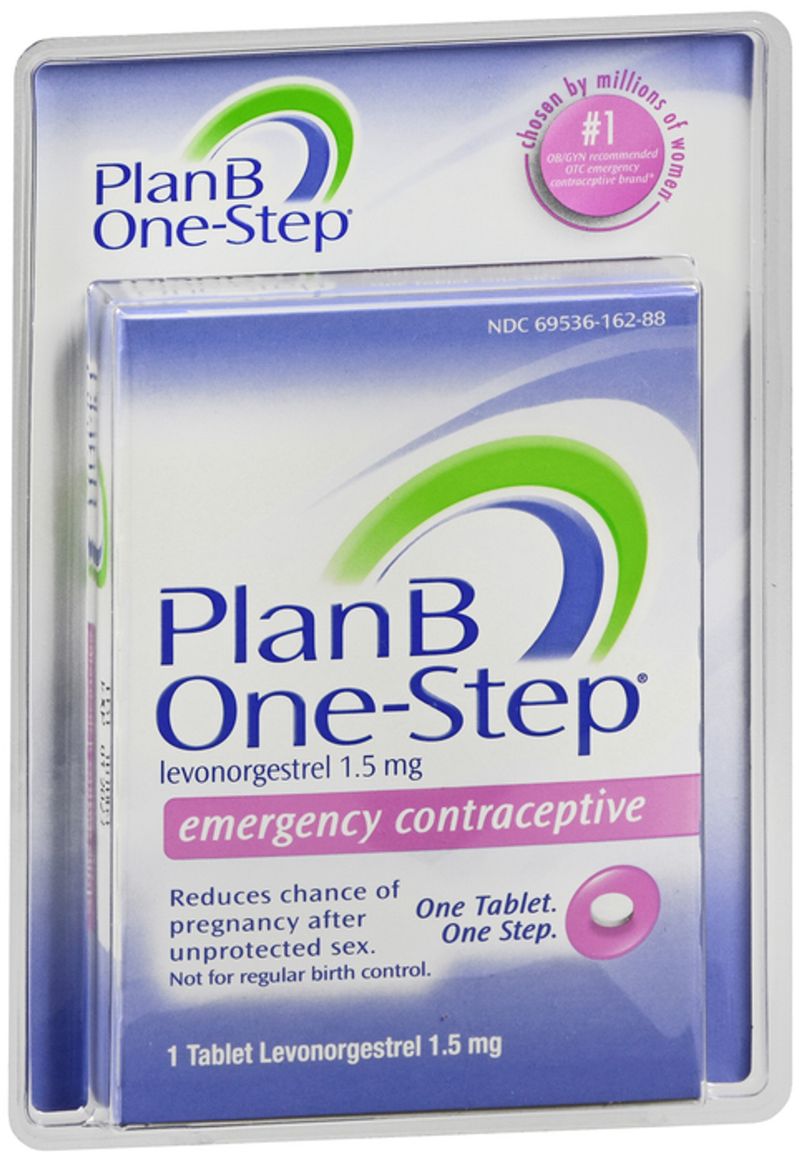Oh no….you had unprotected sex last night and need the morning after pill asap. You start your search on google only to find yourself overwhelmed with questions:
What is Plan B? How does it work? Is it an abortion pill?
Unfortunately, many women don’t understand the difference between Plan B and the abortion pill. While both pills are similar, the key difference is that the abortion pill terminates an existing pregnancy, while Plan B is used to prevent pregnancy.
Plan B
Plan B is commonly referred to as “the morning-after pill.” Plan B is available without a prescription and can be taken up to 120 hours after having unprotected sex but is most effective within 72 hours. It consists of the synthetic hormone levonorgestrel and works by preventing or delaying ovulation, prevents fertilization of the egg by sperm and changes the lining of the uterus to prevent the development of pregnancy.
If the fertilized egg has already implanted in the uterus before you take the medication, Plan B will not work. In addition, It may not be effective for people heavier than approximately 155 to 165 pounds.
Another emergency contraceptive called Ella is effective in people who weigh up to about 195 pounds. It contains a drug called ulipristal acetate, and like Plan B, it works by preventing or delaying ovulation. Ella requires a prescription and can be taken within five days of unprotected sex.
What are the Side Effects of Plan B?
As with any medicine you take, you need to be aware of possible side effects. If you have a history of ectopic pregnancy, clotting disorders, high blood pressure or are currently breastfeeding, you should consult a doctor before taking Plan B or any emergency contraception.
According to the Mayo Clinic, side effects of the morning-after pill might include:
- Headache
- Nausea
- Fatigue
- Heavy menstrual cycles
- Dizziness
- Tenderness in the breasts
- Delayed or irregular cycles
The Abortion Pill
The Abortion Pill is also known as a medical abortion. The medical abortion pill is typically administered to women who are 10 weeks along or less.
The first drug, Mifepristone, also known as RU-486, blocks the main pregnancy hormone progesterone, causes the lining of the uterus to thin and the pregnancy cannot continue to grow in the uterus.
The second drug, Misoprostol, causes cramping , bleeding and contractions to empty the uterus and expel the baby through the vagina.
The Side Effects of the Abortion Pill
Any abortion is a serious medical decision. It often has lifelong emotional, psychological, and sometimes physical consequences.
Some of the most common physical side effects of the Abortion Pill are:
- Heavy Bleeding
- Cramping
- Nausea
- Vomiting
- Fever
- Diarrhea
Potential risks from a medical abortion include blood clots, infection, and an undetected ectopic pregnancy.
The medical abortion pill can cause serious or life-threatening vaginal bleeding or infections. The bleeding is usually more severe when compared to surgical abortion. The vaginal bleeding, cramps, nausea and diarrhea can start anywhere from 2 hours to 24 hours after consuming the pill and can last 9 days to 30 days or longer.
What If I Have An Unplanned Pregnancy?
If you believe you are pregnant and you don’t want to be, it is important to know your next steps. True Choice Medical Clinics offers no-cost pregnancy testing, ultrasounds and options education.
Schedule an appointment today by calling 858-397-1970.
https://www.mayoclinic.org/tests-procedures/morning-after-pill/about/pac-20394730
https://my.clevelandclinic.org/health/treatments/21899-medical-abortion
https://www.mayoclinic.org/tests-procedures/medical-abortion/about/pac-20394687?p=1




